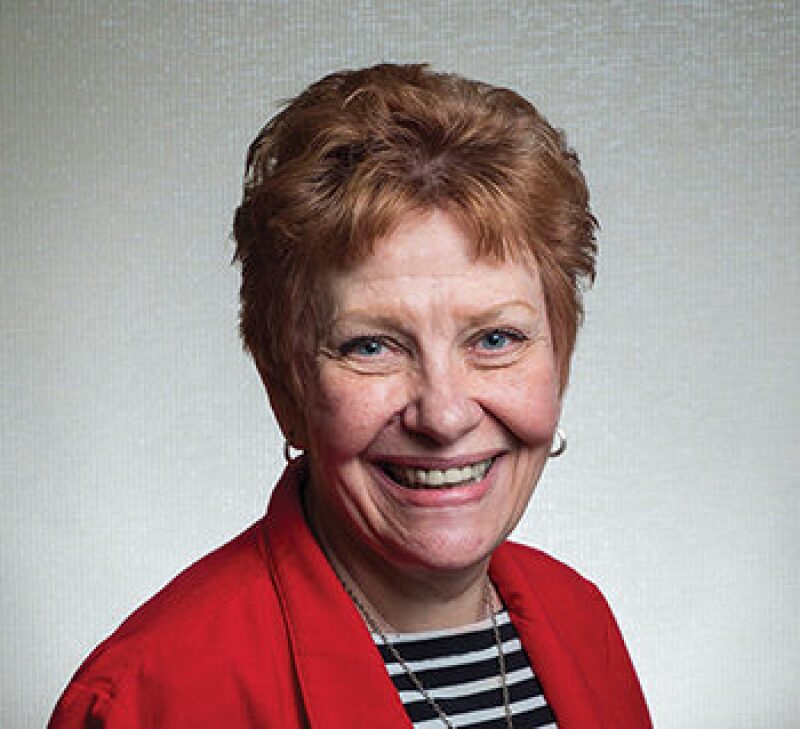Editor’s Note: This is another in a series of in which SPE’s technical directors comment on the state of their industry sector heading into 2019.

|
If there is a list of all the petroleum engineering programs in the world, no one in the industry may have ever seen it.
It is a sign of a bigger problem—those running programs around the world do not know each other. Ramona Graves, SPE’s Technical Director for Academia, wants to begin closing that gap by building a global network that connects leaders of petroleum engineering programs around the globe.
Based on her experience as the former head of the petroleum engineering program at Colorado School of Mines, she sees an enormous universe of programs educating petroleum engineers in many shapes and sizes. And she recognizes there are good reasons why differences among petroleum schools will remain.
Graves said that SPE needs to continue to foster connections that will help educators work together on ways to improve programs and give graduates a better chance to get into, and ahead, in the oil industry. “The thing that is important is to find a job. It is important that students are well prepared for their jobs,” Graves said.
Students with the skills needed to succeed will benefit companies. “The industry has needs, and a legal responsibility, to hire people” in the countries where it operates with agreements requiring local staffers, Graves said.
There has long been an organization of US department heads. Graves said those universities want to establish more international ties. Similar groups exist in other countries. Graves has been deeply involved in the partnership between Colorado School of Mine and Nazarbayev University in Kazakhstan. The fruits of the effort, which took years, include the first student internship program there and the creation of an industry advisory board.
Eventually, Graves would like to see face-to-face gatherings at regional SPE meetings and programs to promote better teaching and stronger ties between universities and oil and gas companies.
By the time her term ends in 2 years and the position is sunset, Graves hopes to have “initiatives that are long lasting.”

